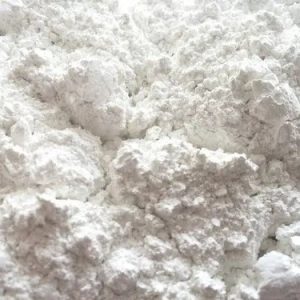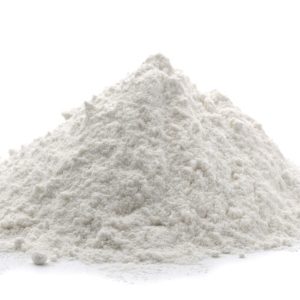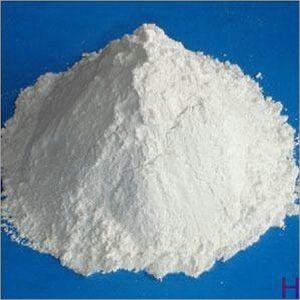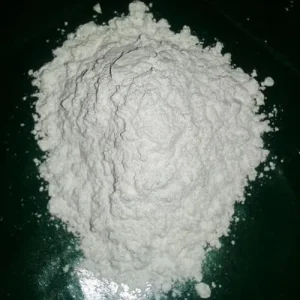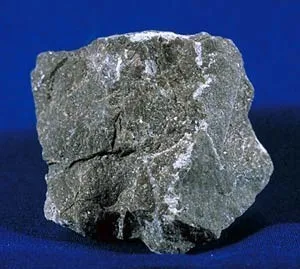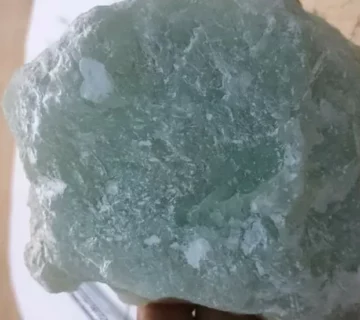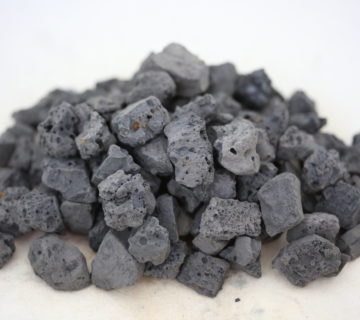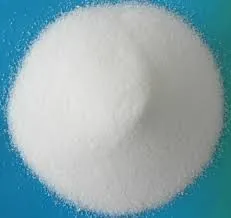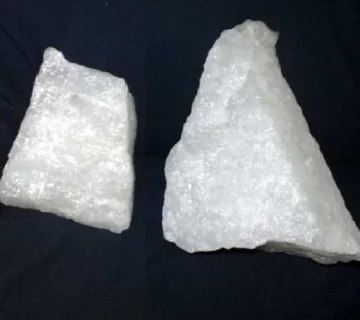Uses of Calcium Carbonate
Calcium carbonate is a versatile mineral used in various industries, including adhesive manufacturing. In adhesive formulations, calcium carbonate serves multiple purposes. It acts as a filler, providing bulk and improving viscosity, which can enhance the adhesive's application properties. Additionally, calcium carbonate can contribute to the adhesive's strength and durability, improving its performance in bonding applications. Its fine particle size and controlled distribution allow for precise control over adhesive properties. Moreover, calcium carbonate is cost-effective and environmentally friendly, making it a preferred choice for adhesive formulations across different industries.
In the world of masterbatch production, calcium carbonate plays a crucial role as a filler and pigment extender. Masterbatches are concentrated additives used to impart color, enhance properties, or modify the characteristics of plastics. Calcium carbonate serves as a cost-effective filler in masterbatch formulations, improving polymer properties such as stiffness, impact resistance, and dimensional stability. Its high whiteness and brightness make it an excellent pigment extender, allowing for the creation of vibrant and uniform colors in plastics. Additionally, calcium carbonate helps in reducing production costs and environmental impact by replacing more expensive and less eco-friendly additives. With its versatility and compatibility with various polymers, calcium carbonate is a valuable ingredient in masterbatch formulations, enabling manufacturers to achieve desired performance and aesthetic characteristics in their plastic products.
In the cable industry, calcium carbonate serves as a multifunctional additive with several key benefits. Its primary role lies in enhancing the mechanical properties of cable insulation and jacketing materials. By incorporating calcium carbonate into cable formulations, manufacturers can improve the tensile strength, abrasion resistance, and flexibility of the cables, thereby ensuring durability and reliability in various applications.
Additionally, calcium carbonate acts as a flame retardant, contributing to the fire resistance of cables. Its ability to suppress the spread of flames and reduce smoke emission makes it an essential component in meeting safety standards and regulations for cables used in buildings, automotive applications, and other environments where fire safety is paramount.
Furthermore, calcium carbonate helps to control costs by serving as a cost-effective filler and extender in cable compounds. Its availability, low cost, and compatibility with polymer matrices make it an attractive option for cable manufacturers seeking to optimize production processes without compromising on performance.
Overall, calcium carbonate plays a critical role in the cable industry by improving mechanical properties, enhancing fire resistance, and contributing to cost efficiency in cable manufacturing processes.
In the realm of ceramics production, calcium carbonate serves as a fundamental ingredient with various essential functions. As a raw material, calcium carbonate is utilized in ceramic formulations to adjust the properties of clay bodies and glazes. It acts as a flux, promoting the fusion of ceramic particles during firing, which enhances the densification and strength of the final ceramic product.
Moreover, calcium carbonate contributes to the development of desirable ceramic properties such as whiteness, opacity, and surface smoothness. It serves as a filler, reducing shrinkage and warping during drying and firing processes, thereby improving the dimensional stability of ceramic products.
Additionally, calcium carbonate acts as a flux in ceramic glazes, facilitating the formation of a glassy matrix that enhances the appearance and durability of the glaze layer. Its presence can also modify the thermal expansion properties of glazes, reducing the risk of crazing or cracking.
Furthermore, calcium carbonate is favored in ceramic production for its cost-effectiveness, abundance, and compatibility with ceramic materials. Its controlled particle size distribution and purity ensure consistent performance and high-quality ceramic products.
Overall, calcium carbonate plays a crucial role in the ceramic industry by contributing to the formulation of clay bodies and glazes, improving ceramic properties, and ensuring cost-effective production processes.
In the paper industry, calcium carbonate serves as a versatile additive with several important functions. One of its primary roles is as a filler, where it improves the paper's brightness, opacity, and smoothness. By incorporating calcium carbonate into paper formulations, manufacturers can reduce the consumption of more expensive cellulose fibers while maintaining or even enhancing the paper's printing and writing properties.
Moreover, calcium carbonate acts as a coating pigment, contributing to the surface properties of coated papers. It enhances the paper's printability, ink holdout, and image sharpness, making it suitable for high-quality printing applications such as magazines, catalogs, and packaging materials.
Additionally, calcium carbonate functions as a pH buffering agent, helping to control the acidity or alkalinity of papermaking processes. This pH stabilization contributes to the preservation of equipment and the optimization of papermaking conditions, ultimately leading to improved process efficiency and product quality.
Furthermore, calcium carbonate is favored in the paper industry for its cost-effectiveness, abundance, and environmental sustainability. Its availability in various particle sizes allows for tailored formulations to meet specific paper requirements, from newsprint to fine art papers.
Overall, calcium carbonate plays a vital role in the papermaking process by enhancing paper properties, improving print quality, stabilizing pH levels, and promoting cost-effective and sustainable paper production.
In the realm of paints and coatings, calcium carbonate serves as a versatile and essential additive with several key functions. One of its primary roles is as a pigment extender and filler, where it enhances the volume and coverage of paints while reducing costs. Calcium carbonate improves the opacity and hiding power of paints, allowing for better color retention and uniformity on various surfaces.
Moreover, calcium carbonate contributes to the rheological properties of paints, influencing their viscosity, thixotropy, and flow behavior. By controlling these characteristics, calcium carbonate helps in achieving desired application properties, such as brushability, sprayability, and film formation.
Additionally, calcium carbonate acts as a bulking agent, improving the mechanical properties and durability of paint films. It enhances the abrasion resistance, scrub resistance, and adhesion of paints, ensuring long-lasting protection and aesthetic appeal on painted surfaces.
Furthermore, calcium carbonate serves as a pH stabilizer and anti-corrosion agent in paint formulations, contributing to the stability and longevity of the paint product. Its inert nature and compatibility with various paint resins make it an ideal choice for a wide range of paint applications, from architectural coatings to industrial finishes.
Overall, calcium carbonate plays a critical role in the paint industry by enhancing pigment properties, controlling rheology, improving mechanical performance, and ensuring product stability, thereby contributing to the formulation of high-quality and cost-effective paints and coatings.
In the rubber industry, calcium carbonate serves as a versatile additive with several important functions. One of its primary roles is as a reinforcing filler, where it enhances the mechanical properties of rubber compounds. Calcium carbonate improves tensile strength, tear resistance, and abrasion resistance, leading to the production of durable and high-performance rubber products.
Moreover, calcium carbonate acts as a processing aid, facilitating the dispersion of other additives and fillers within the rubber matrix. Its fine particle size and surface characteristics allow for better mixing and homogenization of rubber compounds, leading to improved processing efficiency and consistency in product quality.
Additionally, calcium carbonate serves as a cost-effective alternative to more expensive fillers such as carbon black. Its availability and affordability make it an attractive option for rubber manufacturers seeking to optimize production costs without compromising on performance.
Furthermore, calcium carbonate contributes to the dimensional stability and weather resistance of rubber products. It helps to prevent shrinkage and distortion during curing and provides protection against environmental factors such as UV radiation and ozone exposure.
Overall, calcium carbonate plays a crucial role in the rubber industry by improving mechanical properties, enhancing processing efficiency, reducing costs, and ensuring the durability and performance of rubber products in various applications, including automotive, construction, and industrial sectors.

 AR
AR